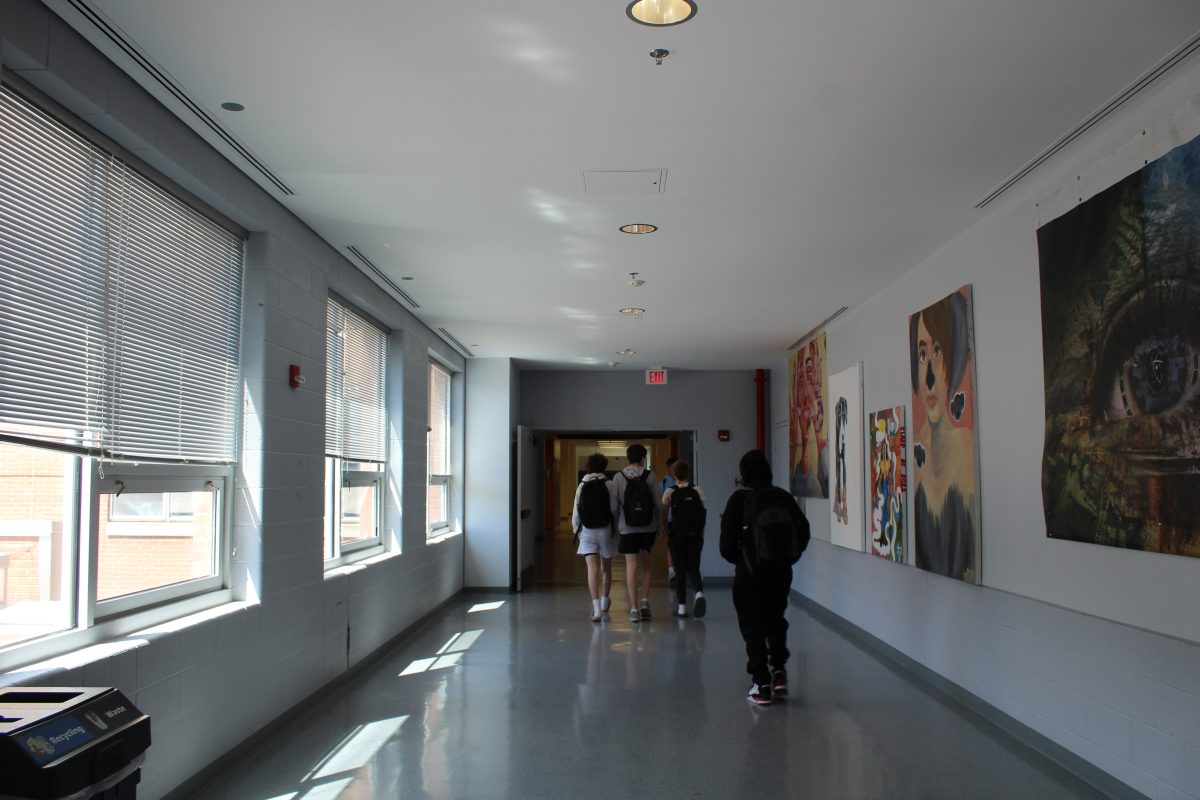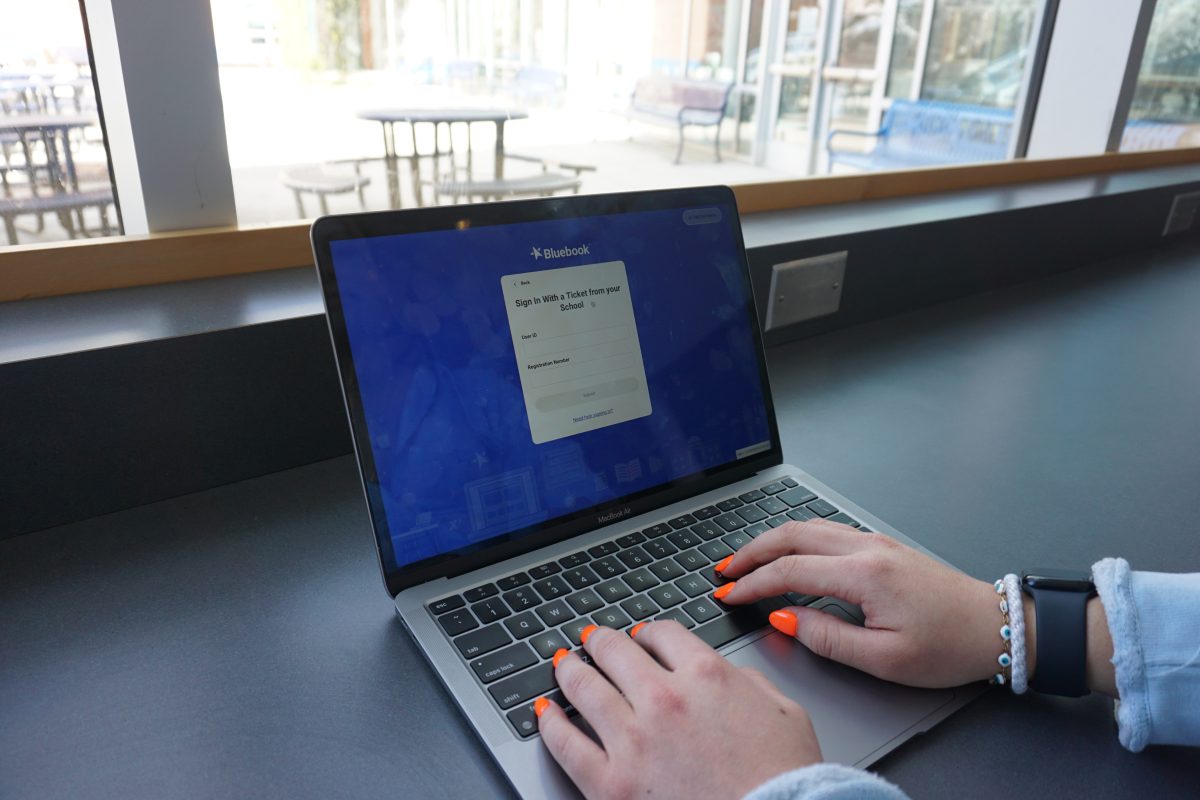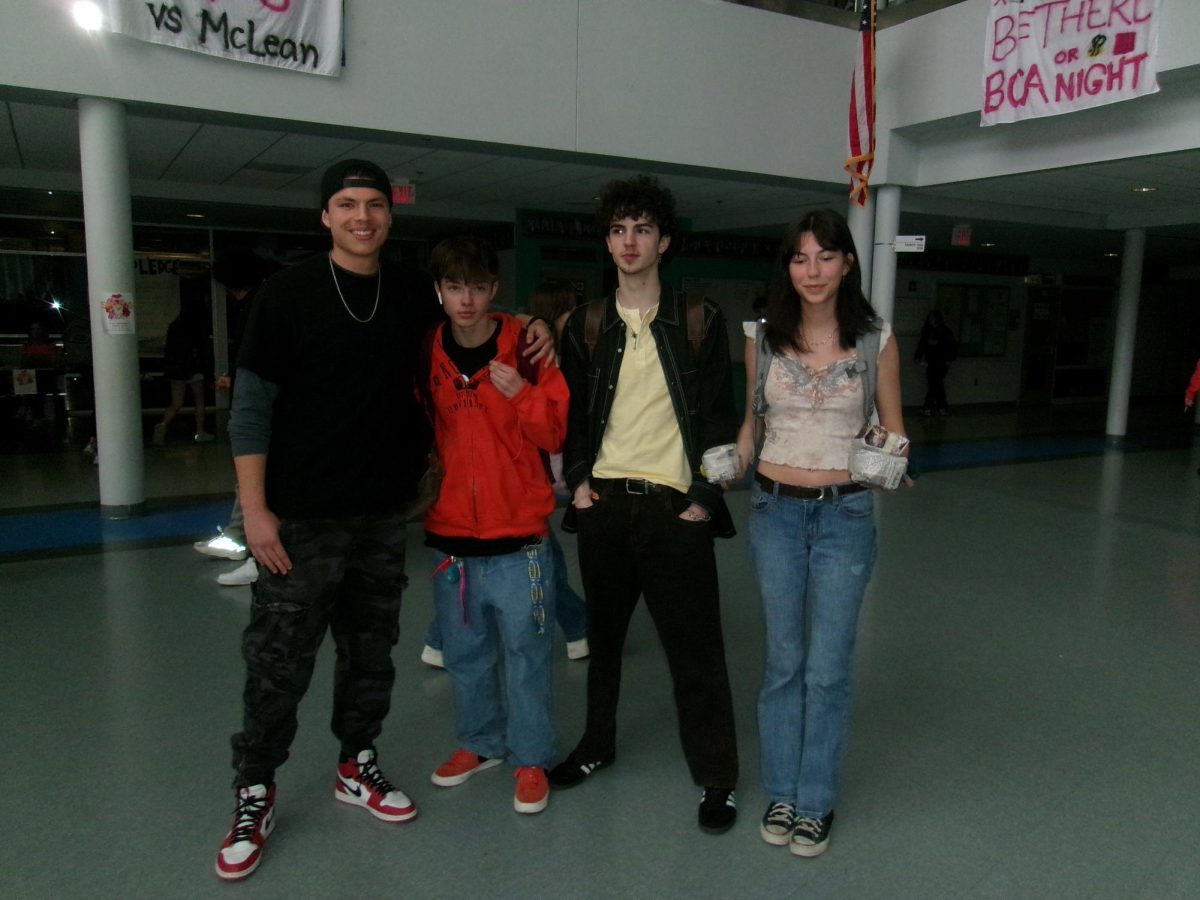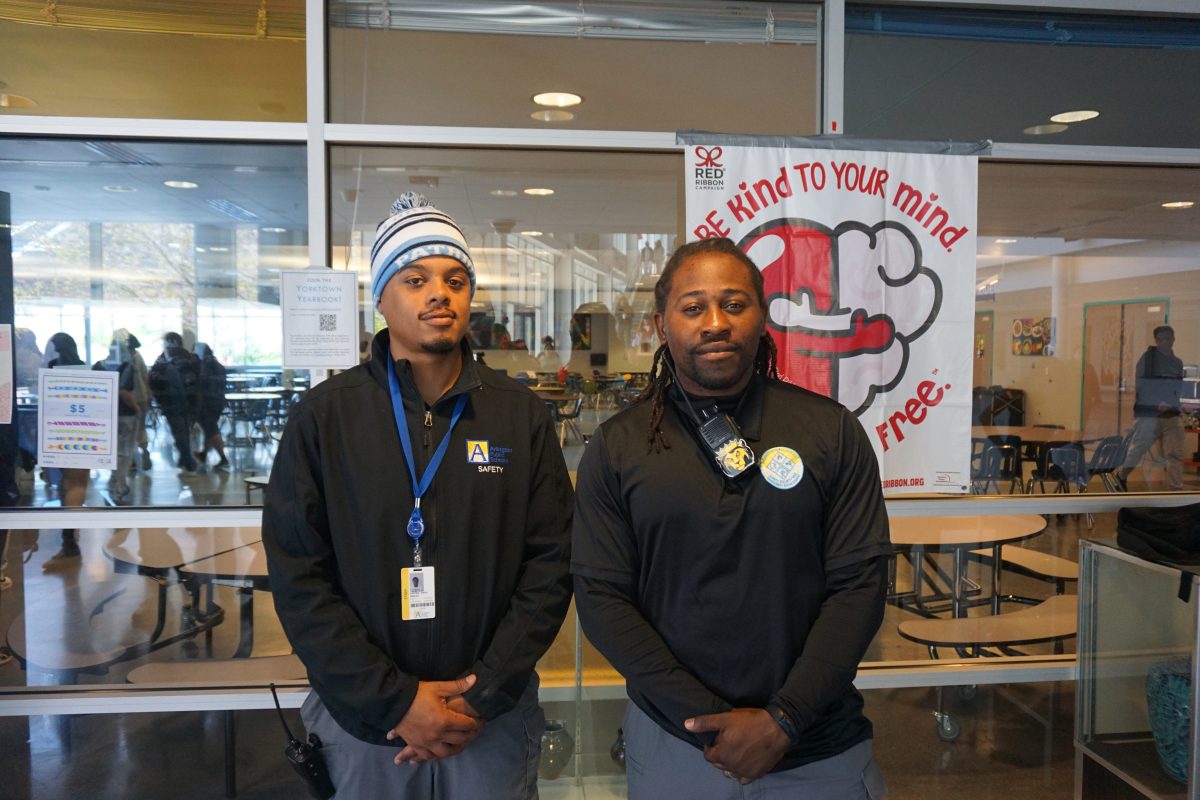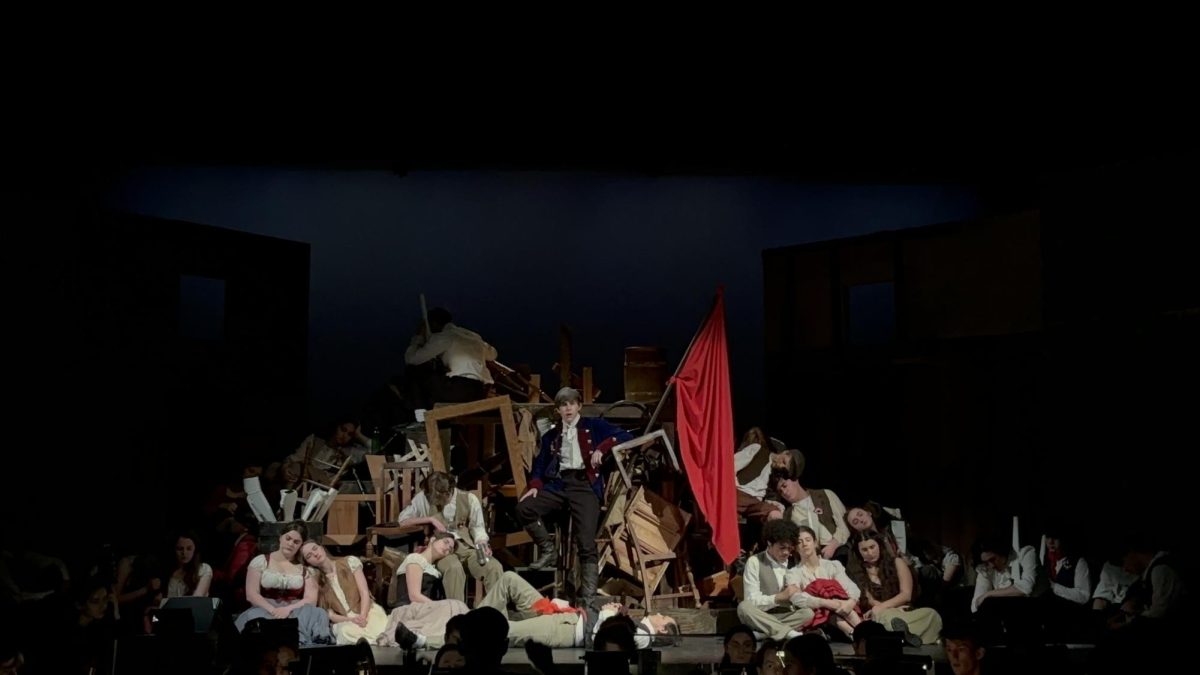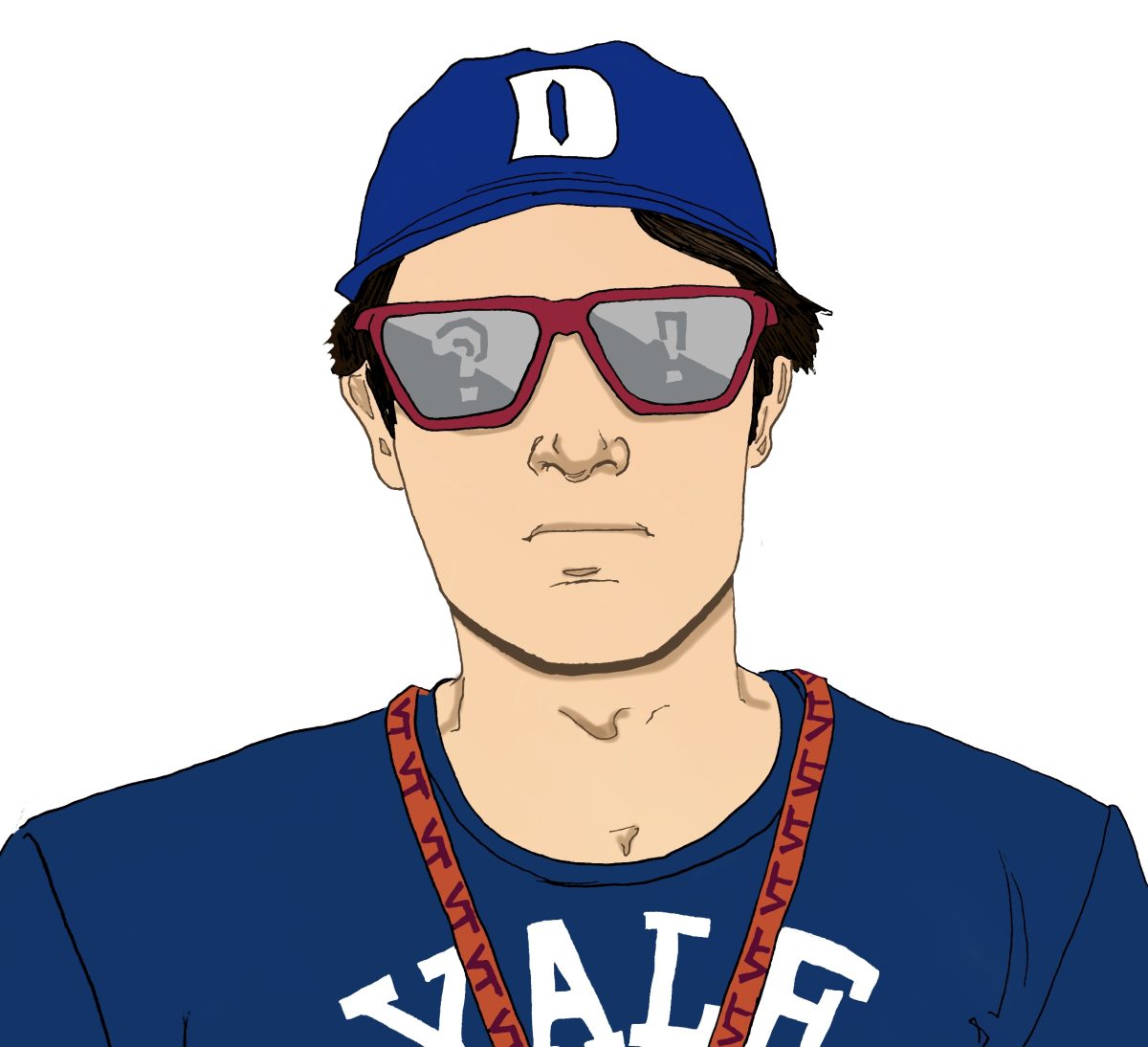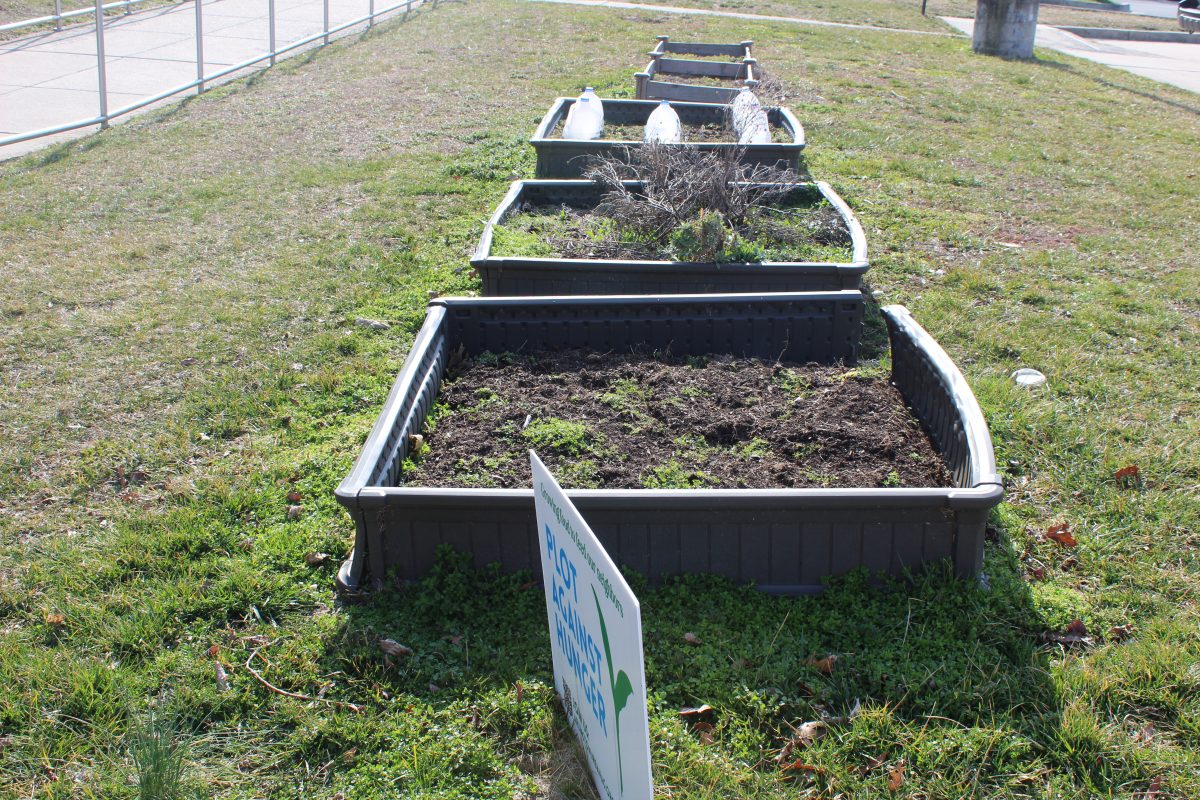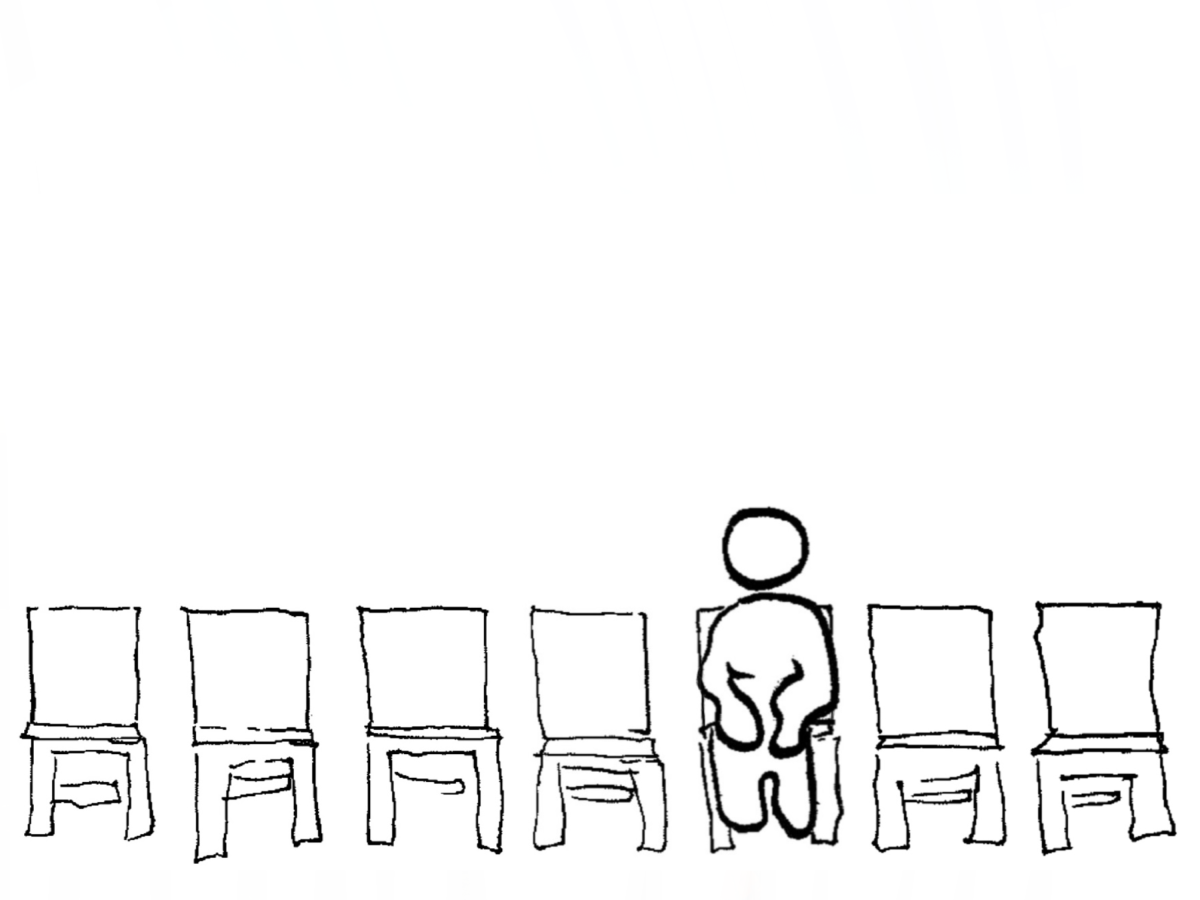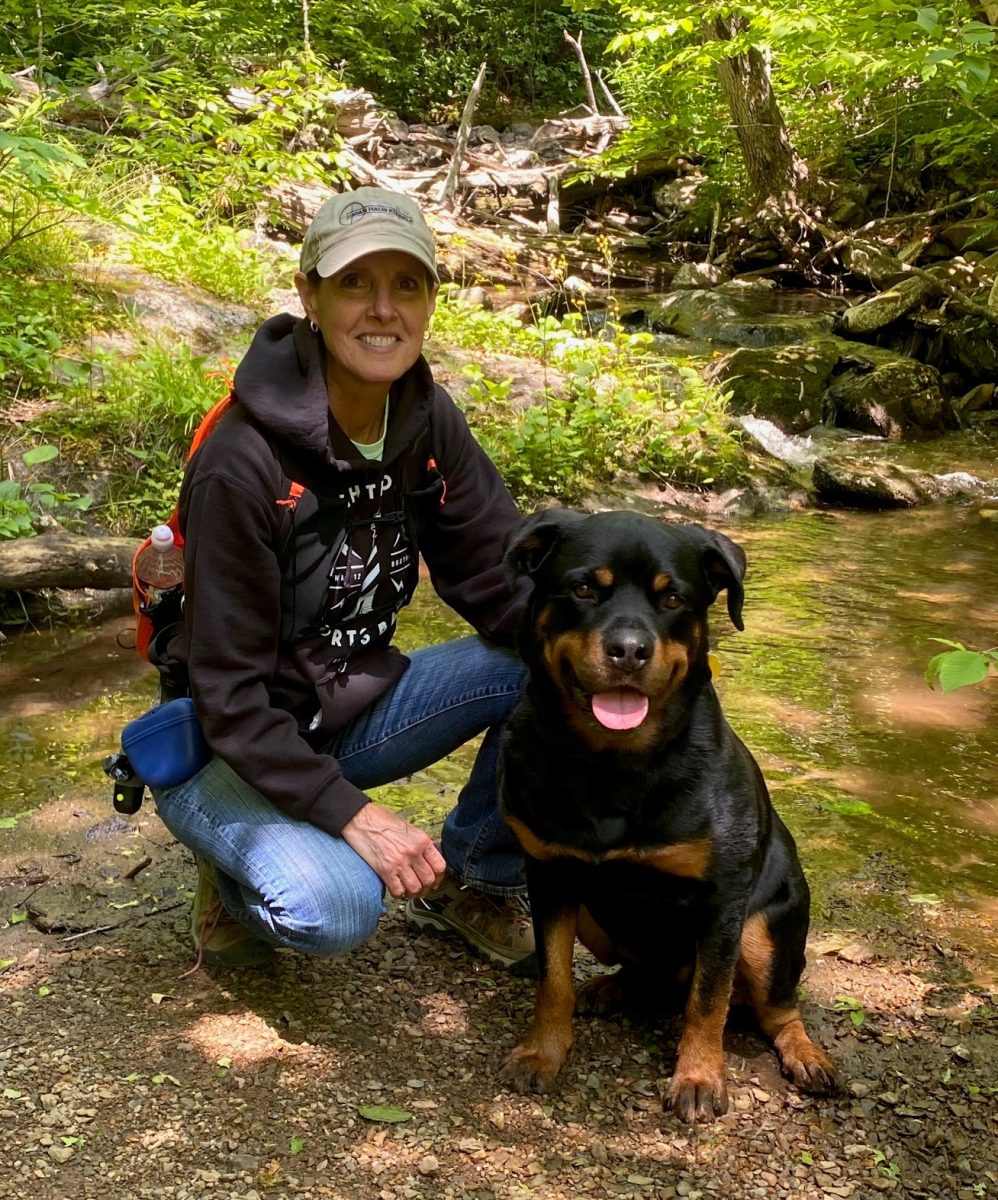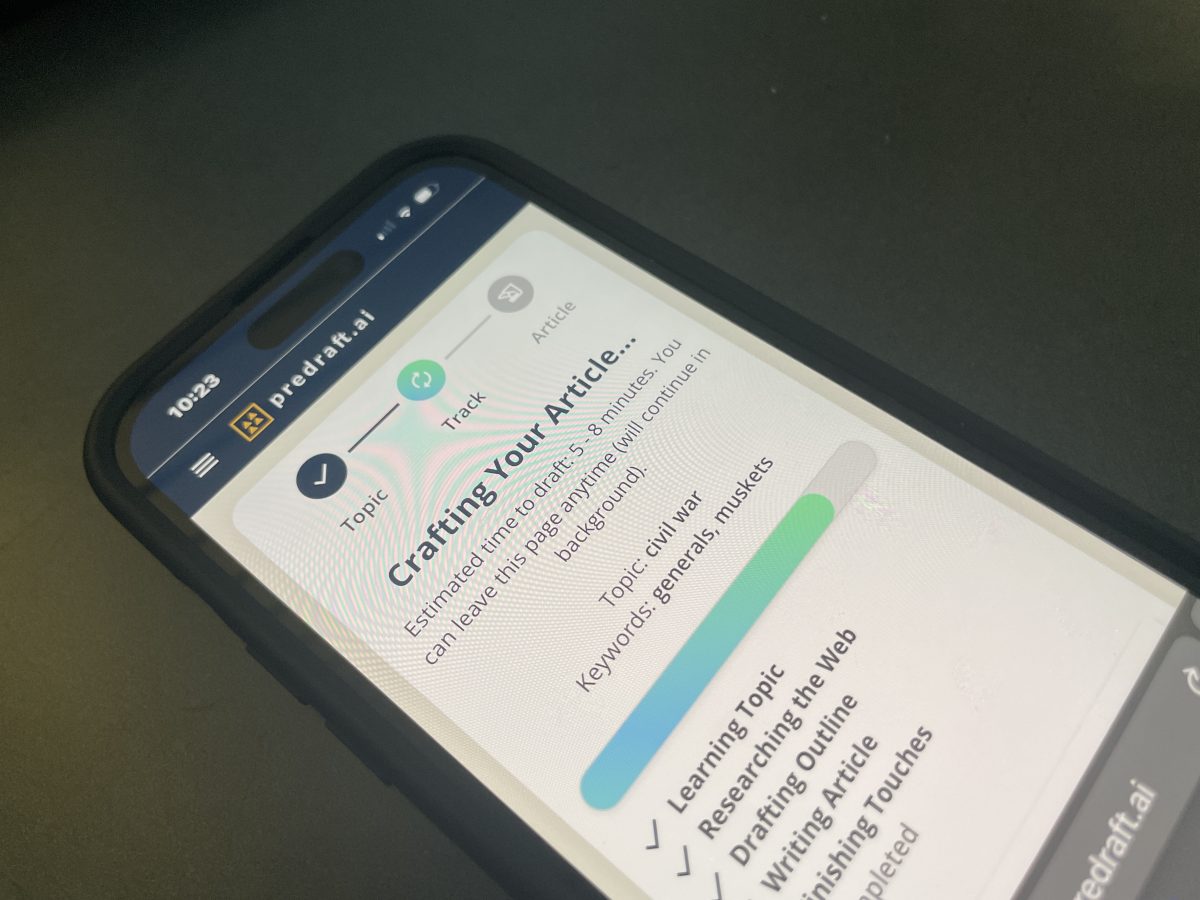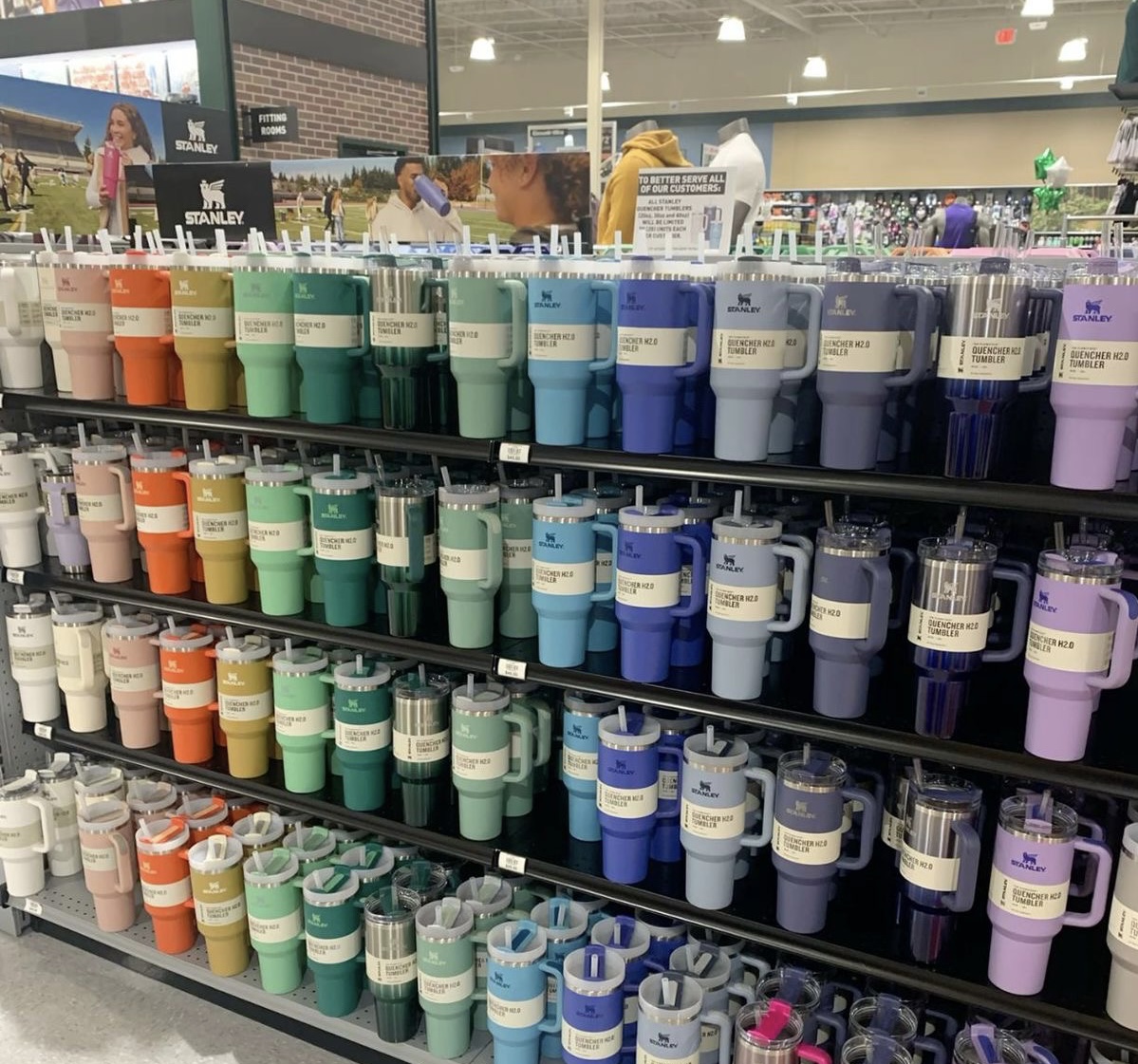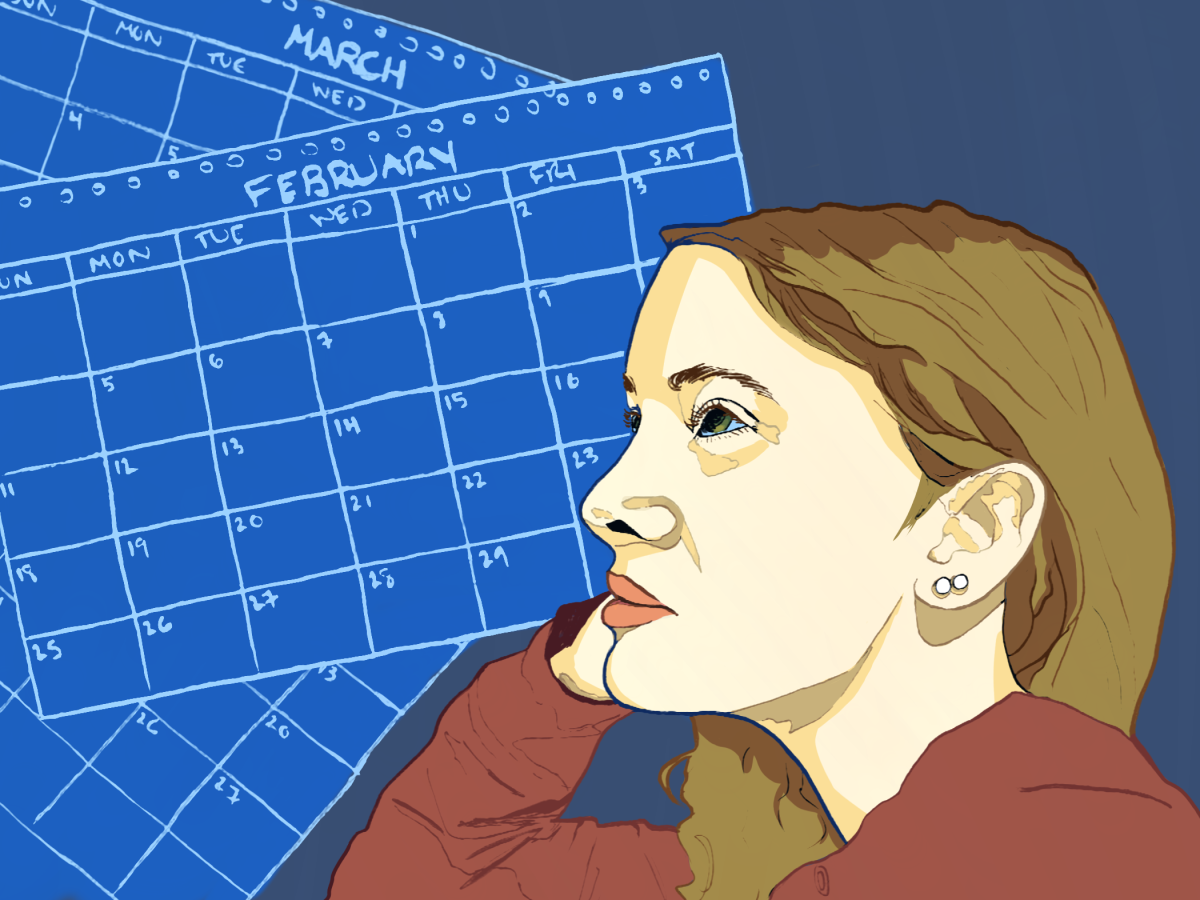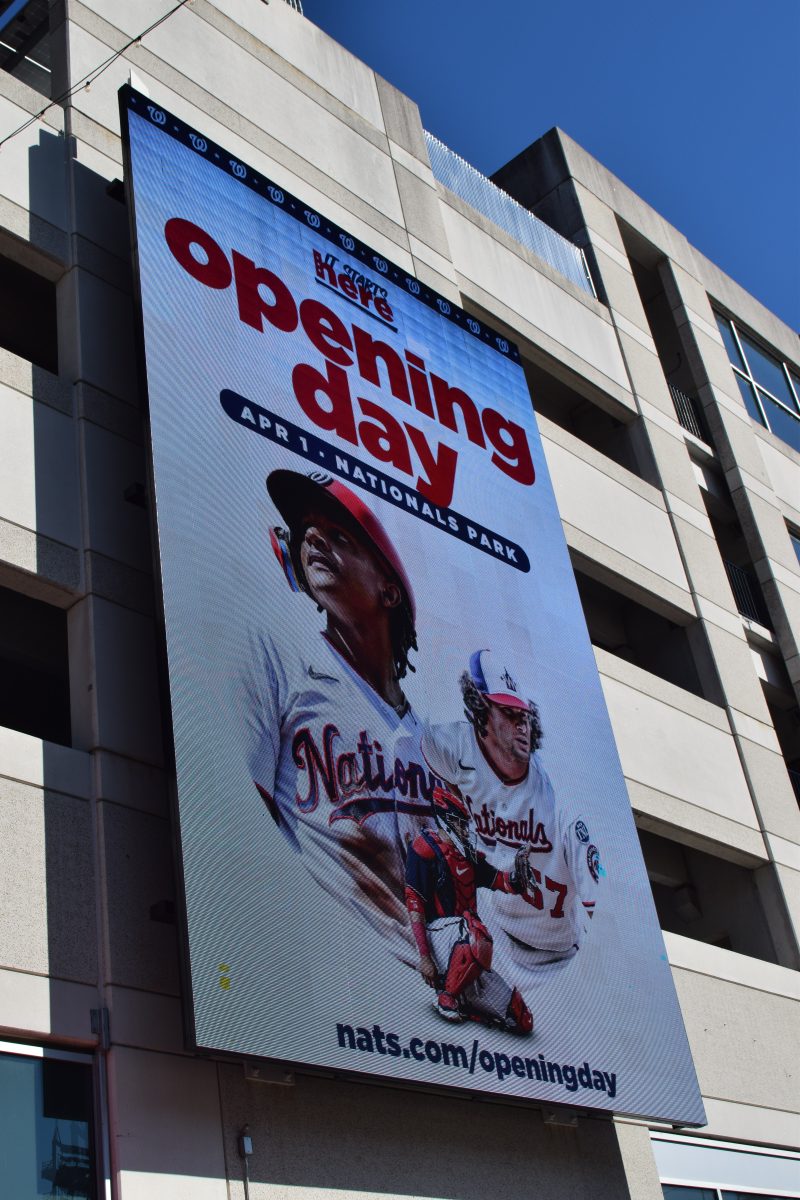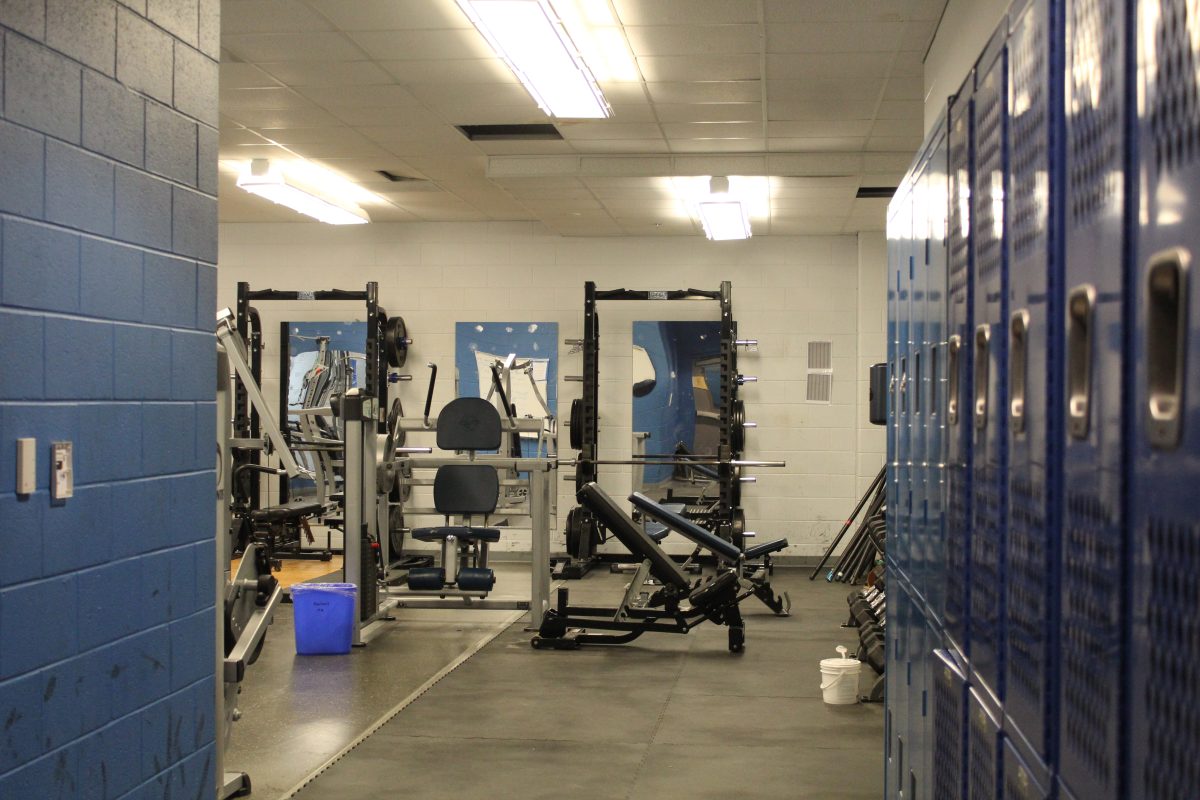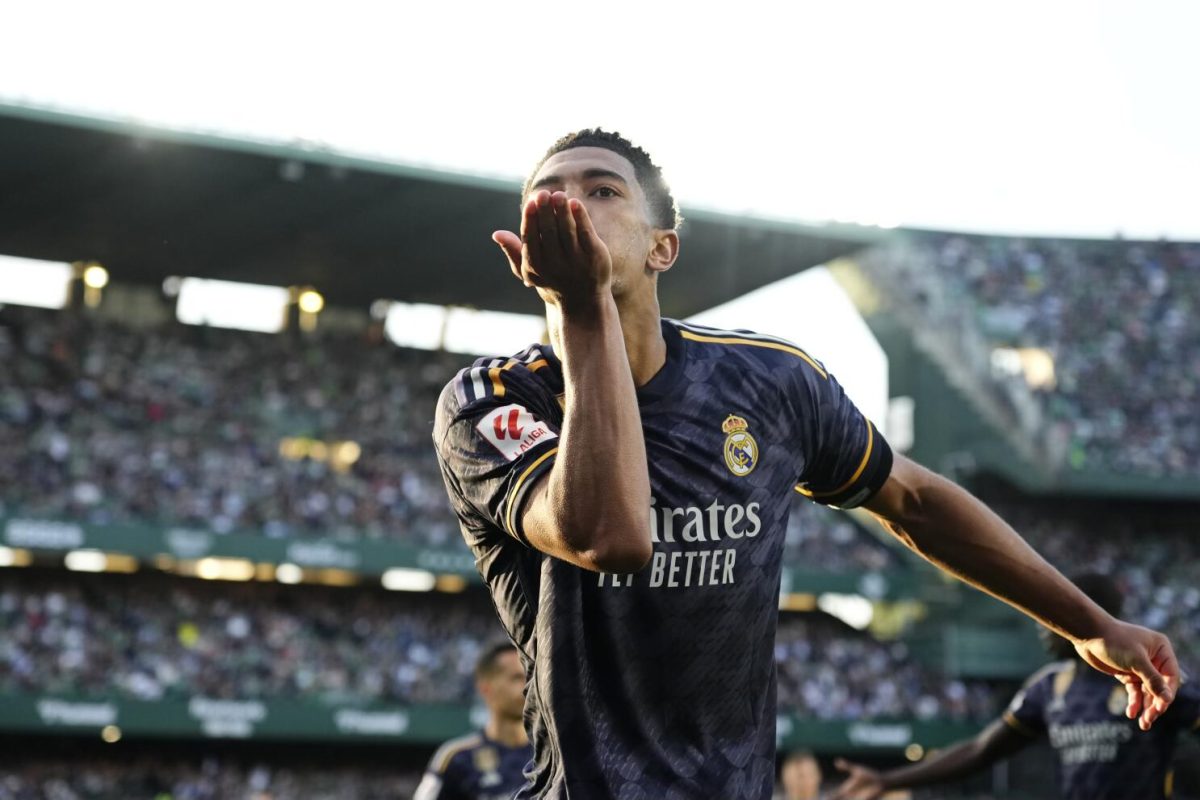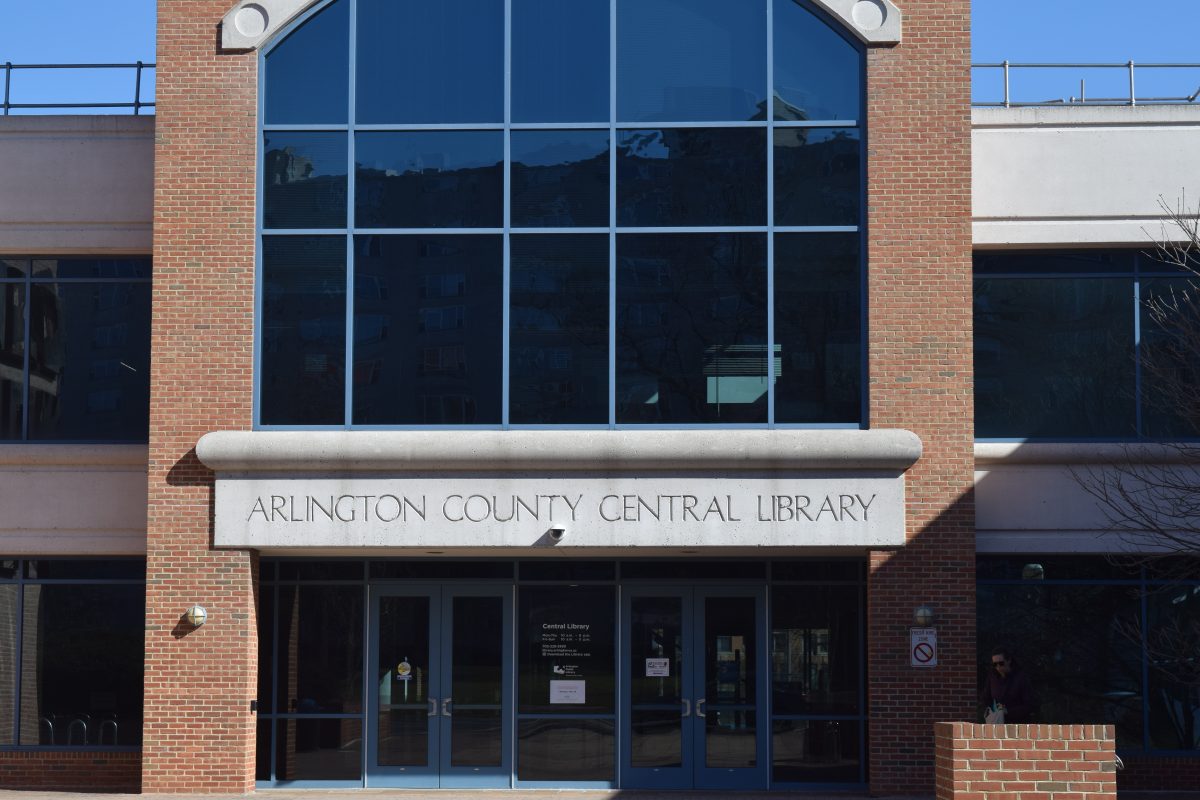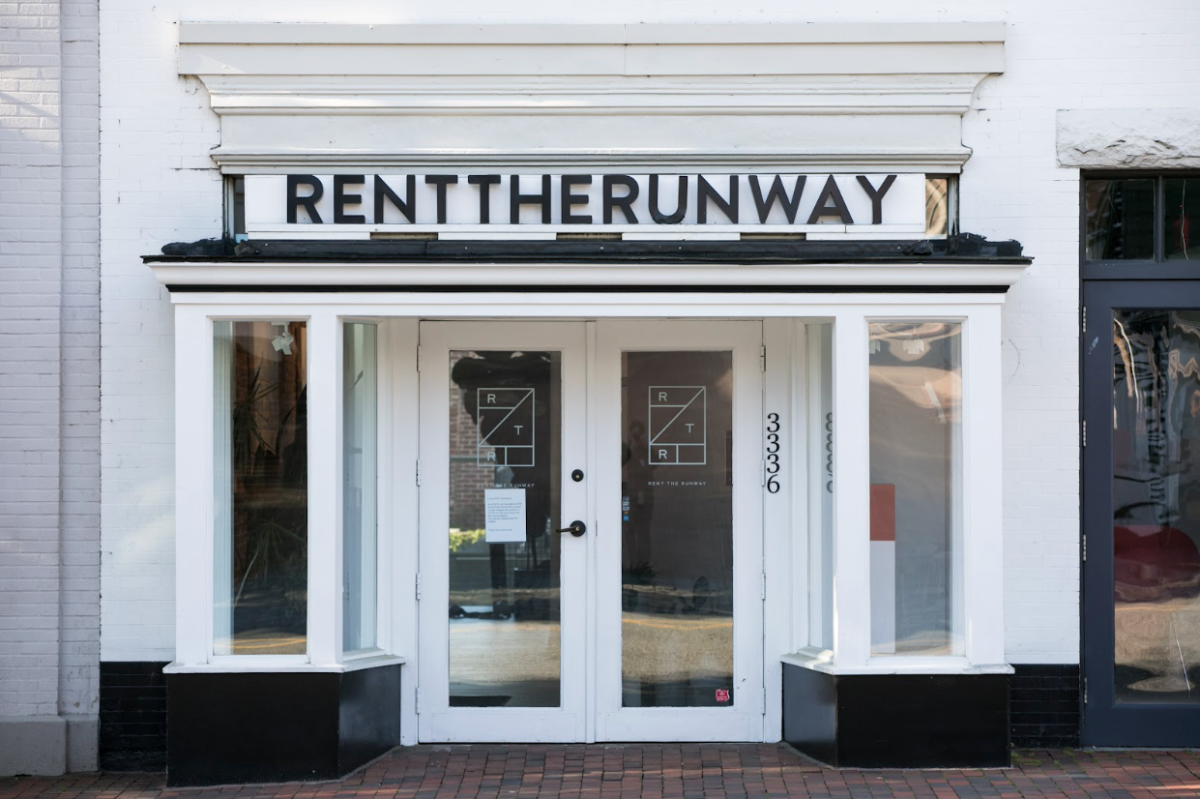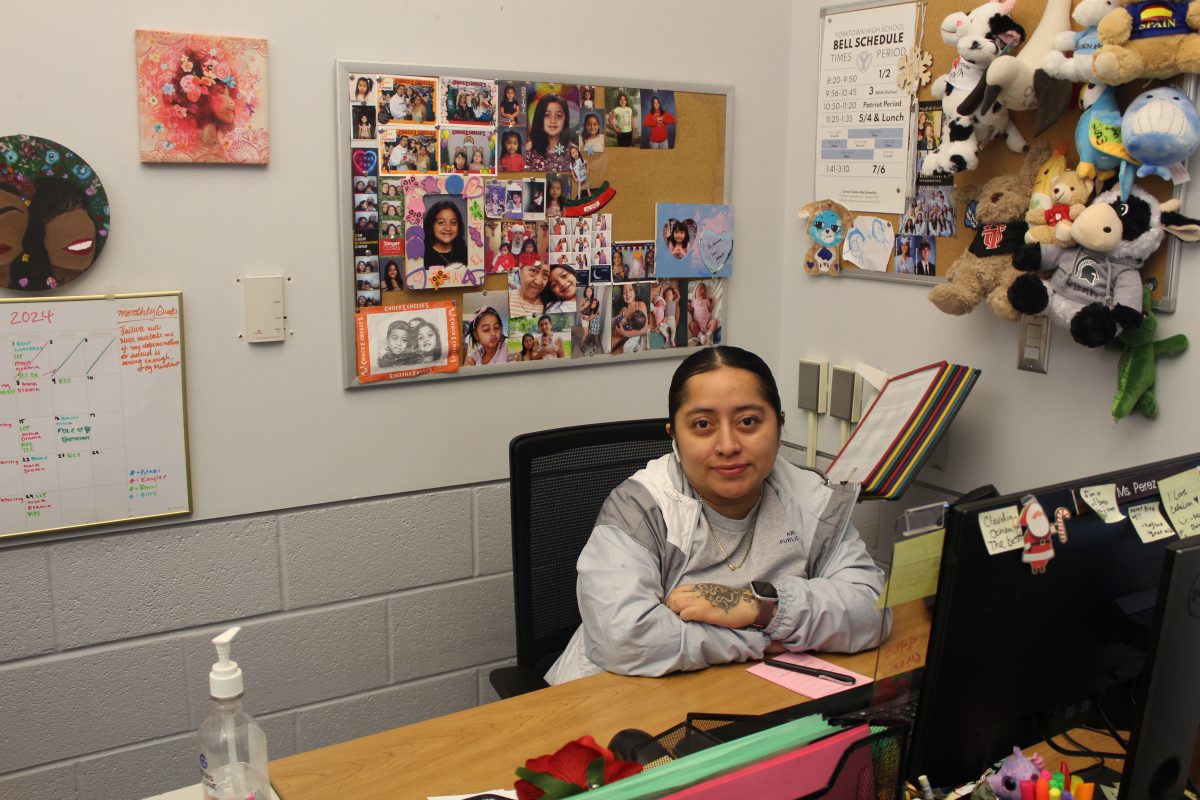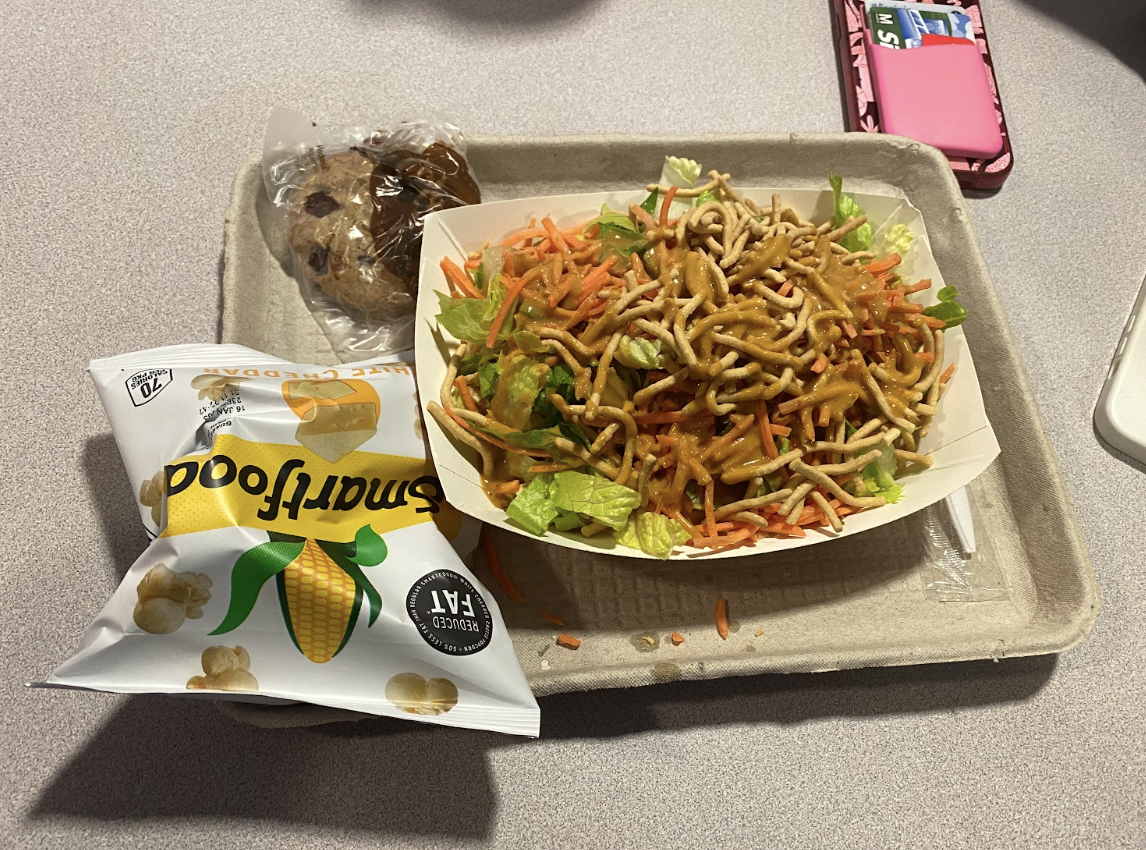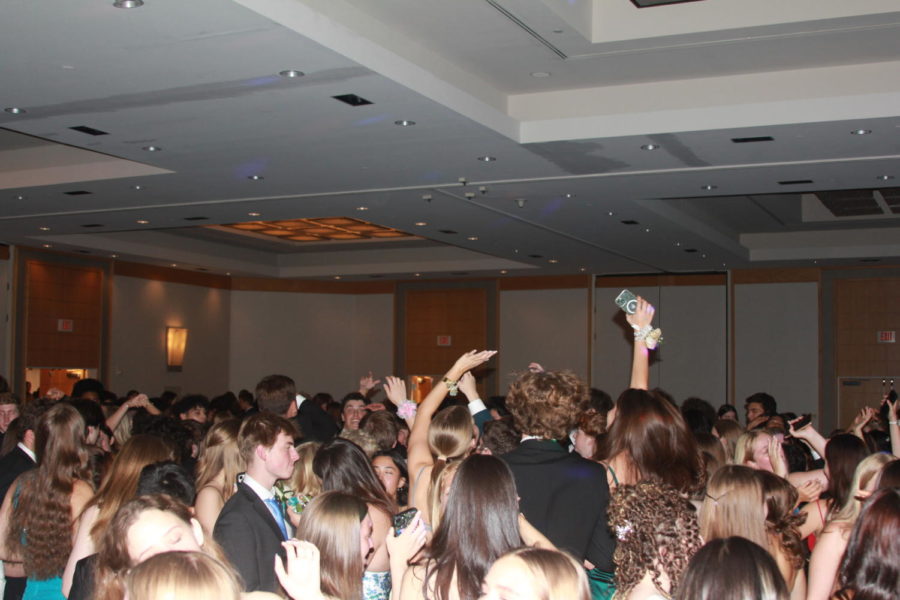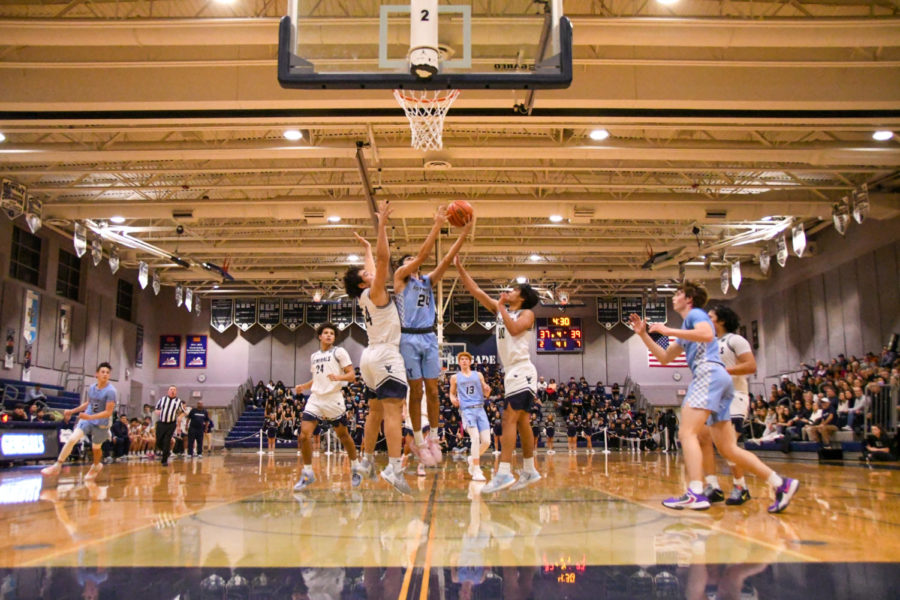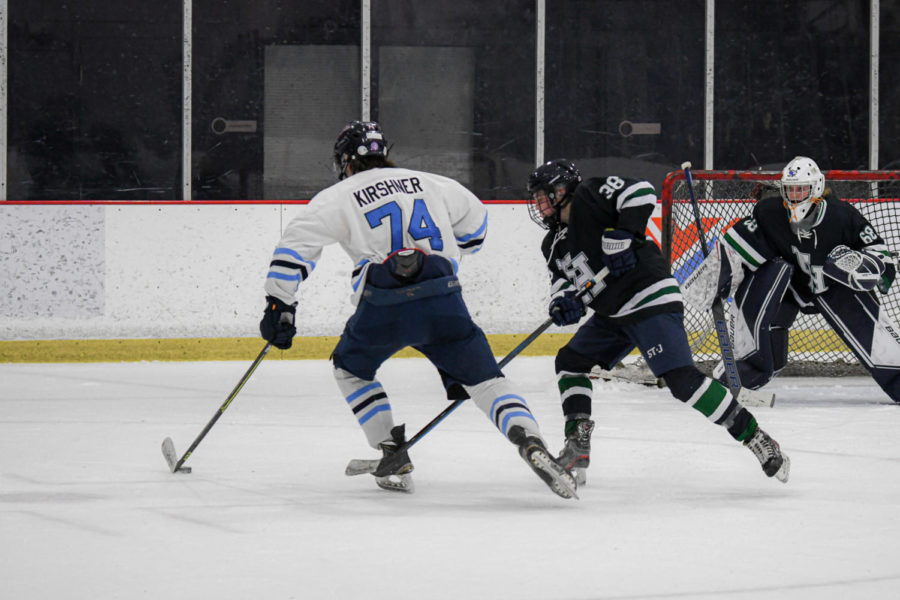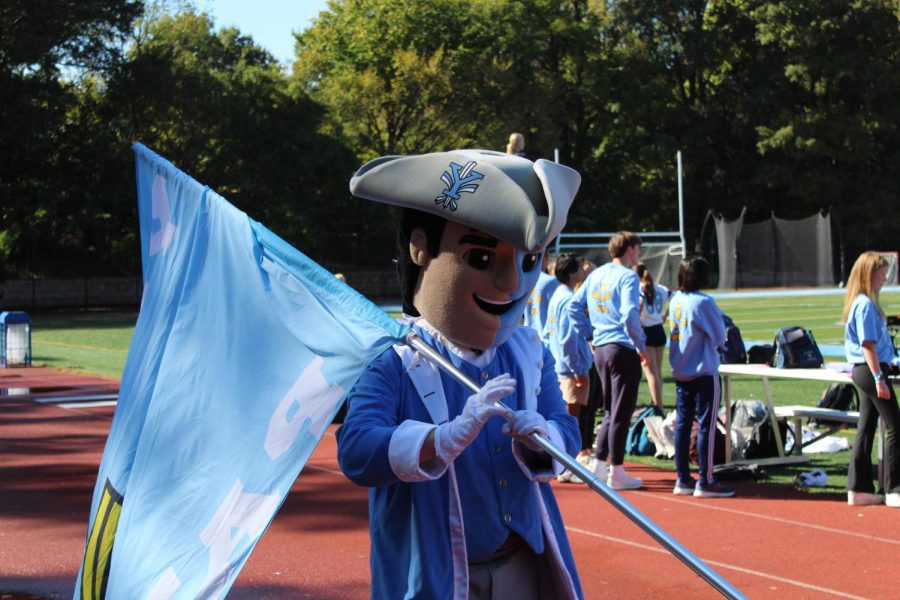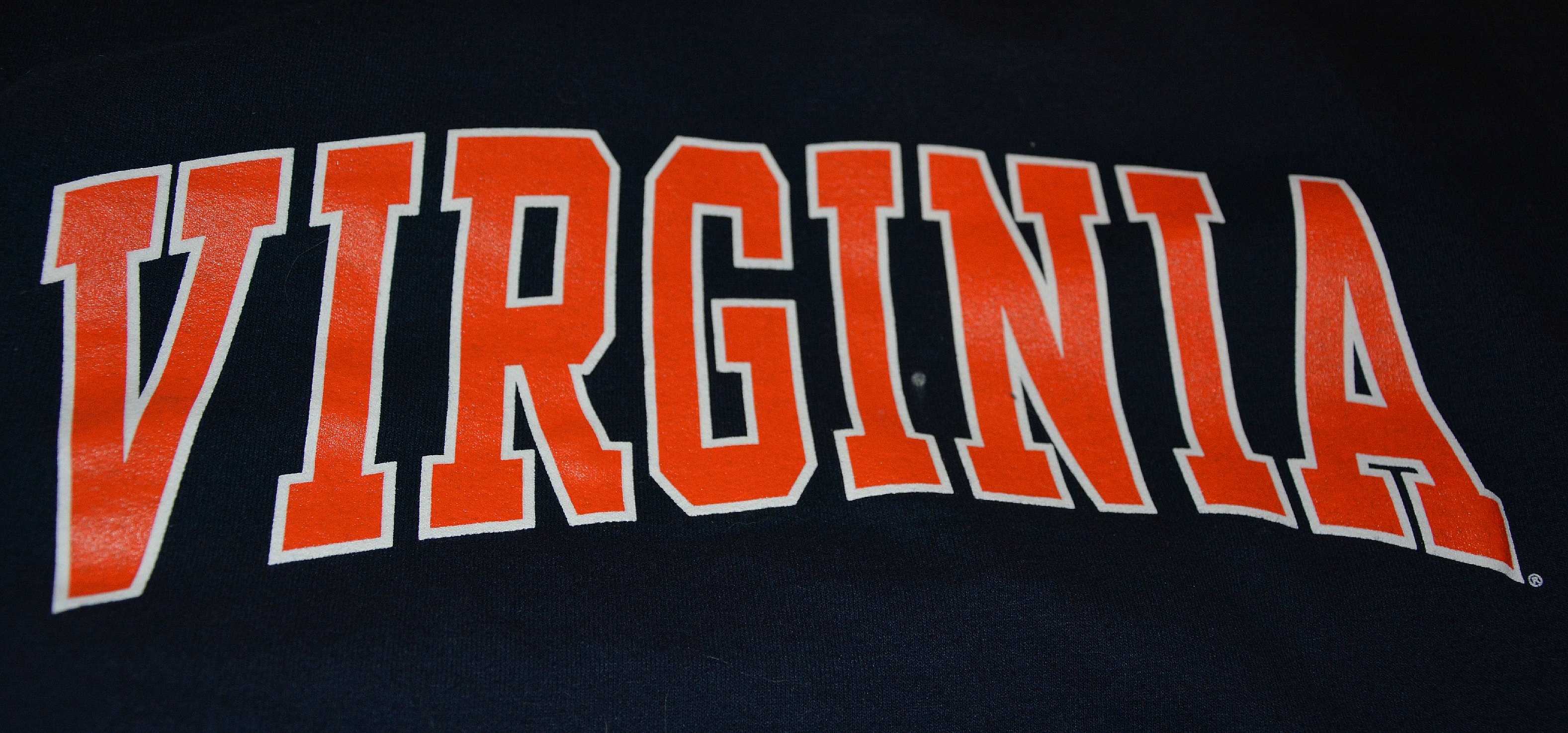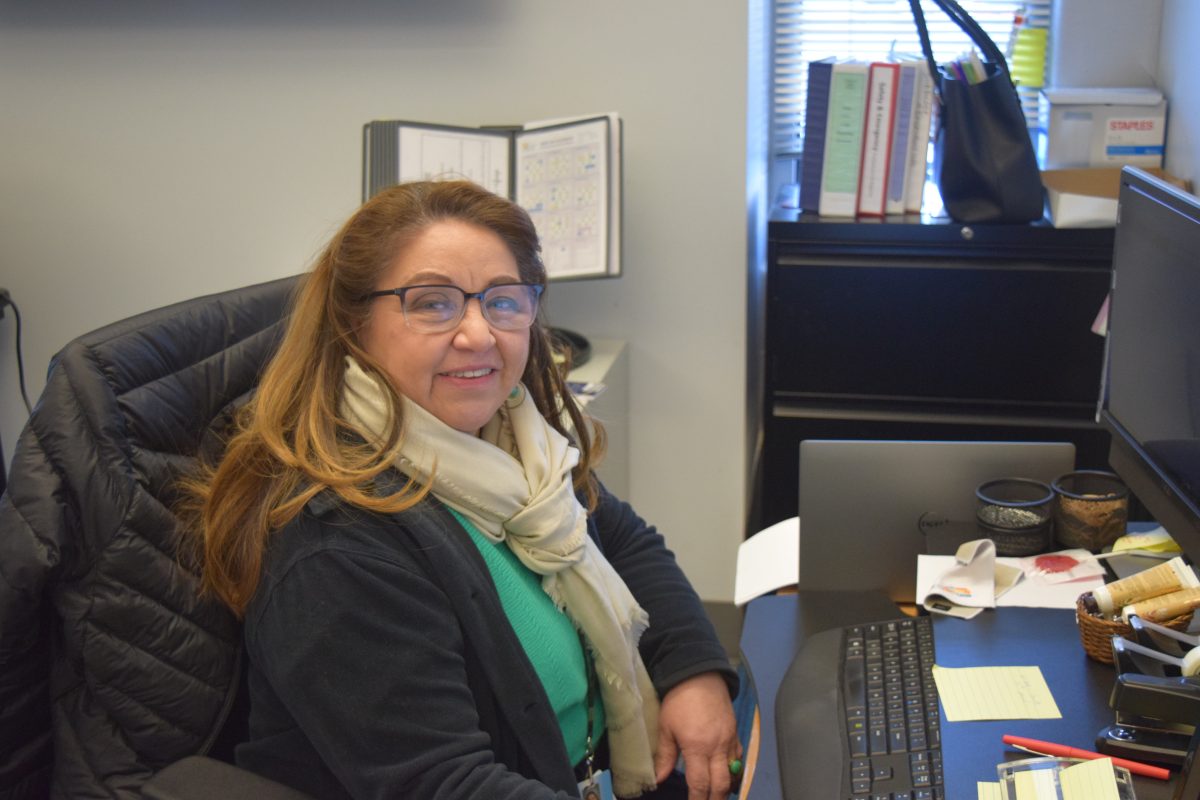Since its original publishing in November, 2014, Rolling Stone’s article by Sabrina Erdely, “A Rape on Campus,” has accumulated over 179,000 shares on Facebook, nearly 15,000 tweets and over 7000 comments on the Rolling Stone site alone. It would be difficult to find people who have not had at least one conversation about the issues the story presents. However, in just a couple short weeks, a substantial amount of questions, interviews and criticisms began to emerge surrounding Erdely’s methods of reporting and Rolling Stone’s fact checking, as well as the credibility of the facts recorded in the original story. Many compared the media’s role in the story to that of two somewhat similar cases, both in which allegations proved to be false—Tawana Brawley’s accusations in 1987 and Crystal Mangum’s in 2006.
In the time since these questions started coming out, Rolling Stone released a second article, an official statement from managing editor Will Dana entitled “A Note to Our Readers.” In it Dana notes that “in the face of new information […] there now appear to be discrepancies in Jackie’s account.”, stating that Rolling Stone had “mistakenly honored Jackie’s (the name used to identify the alleged victim) request to not contact the alleged assaulters […]” This apology now prefaces the original article on the Rolling Stone site.
As the case currently stands, there is no considerable doubt that a rape occurred in some form on September 28, 2012. There is an undeniable issue of sexual assault being dealt with, while in many cases not enough so, on college campuses across the nation. The only uncertainty that exists is the extent to which the victim’s account is fact. However with all of the recent controversies surrounding the story, it also appears to be undeniable that another issue—journalistic integrity and ethics—has been raised.
After Rolling Stone’s story first came out, the University of Virginia received lots of criticism and pressure from the community. The school’s president, Teresa Sullivan, suspended all campus fraternities, sororities and Greek organizations until January 9. Since then it was announced that fraternities may resume once they have agreed to new rules put in place by the school. Phi Kappa Psi, the fraternity originally thought to have been involved in the crime, has also now been reinstated after Charlottesville police confirmed that they “found no basis to believe an incident occurred [at that fraternity].” It also doesn’t seem that the issue of sexual assault is at all unique to UVA, let alone just that frat. For example, non-profit “One in Four” states that according to their research, one in four women have survived rape or attempted rape at colleges. So for many seniors this incident alone has not changed any decisions about college.
“This has not impacted me applying for college in any way. I’m still applying to UVA, and I’m still probably going if I get in, just like most of the people applying. It is terrible, and definitely makes you think twice about rushing that fraternity, but it doesn’t change applying there because it’s more of a college problem than a UVA problem,” said senior Rob Meyer.
Some students, however, emphasize this as an issue directly related to UVA, and have reflected this belief in college decisions.
“I was not planning to apply to UVA before the story, and afterwards I was quite relieved I hadn’t. Friends at UVA told me the atmosphere was pretty eerie and skeevy following the incident. The nights were quiet as frat parties were cancelled, and previously silenced rape victims whispered of their experiences,” said senior Caroline Culberson. “I read a great blog post by a girl who is a junior at UVA about how the article was important because it finally raised the alarm on UVA’s flawed sexual culture. Victim blaming is prevalent and rape is a sad fact of frat life, meant to be kept secret and accepted.”
The issue of journalistic ethics not only raises questions about the credibility of Rolling Stone, as they top Columbia Journalism Review’s “Worst Journalism of 2014” list, but also seems to put other rape victims in an even more unfortunate position.
“When Rolling Stone released the apology I was just really saddened, because this meant for sexual assault victims that they would sort of be questioned and doubted if they would ever try to come forward. People would just reference this case,” said senior Phoebe
As new developments in the case arise everyday, very little is completely known for sure. At this point the Columbia Journalism School is conducting their own review of the report on behalf of Rolling Stone, and the Charlottesville police and the University are working to sort out fact from fiction. Updates are sure to come in the near future, and hopefully any party wronged in the entire ordeal can find justice.

